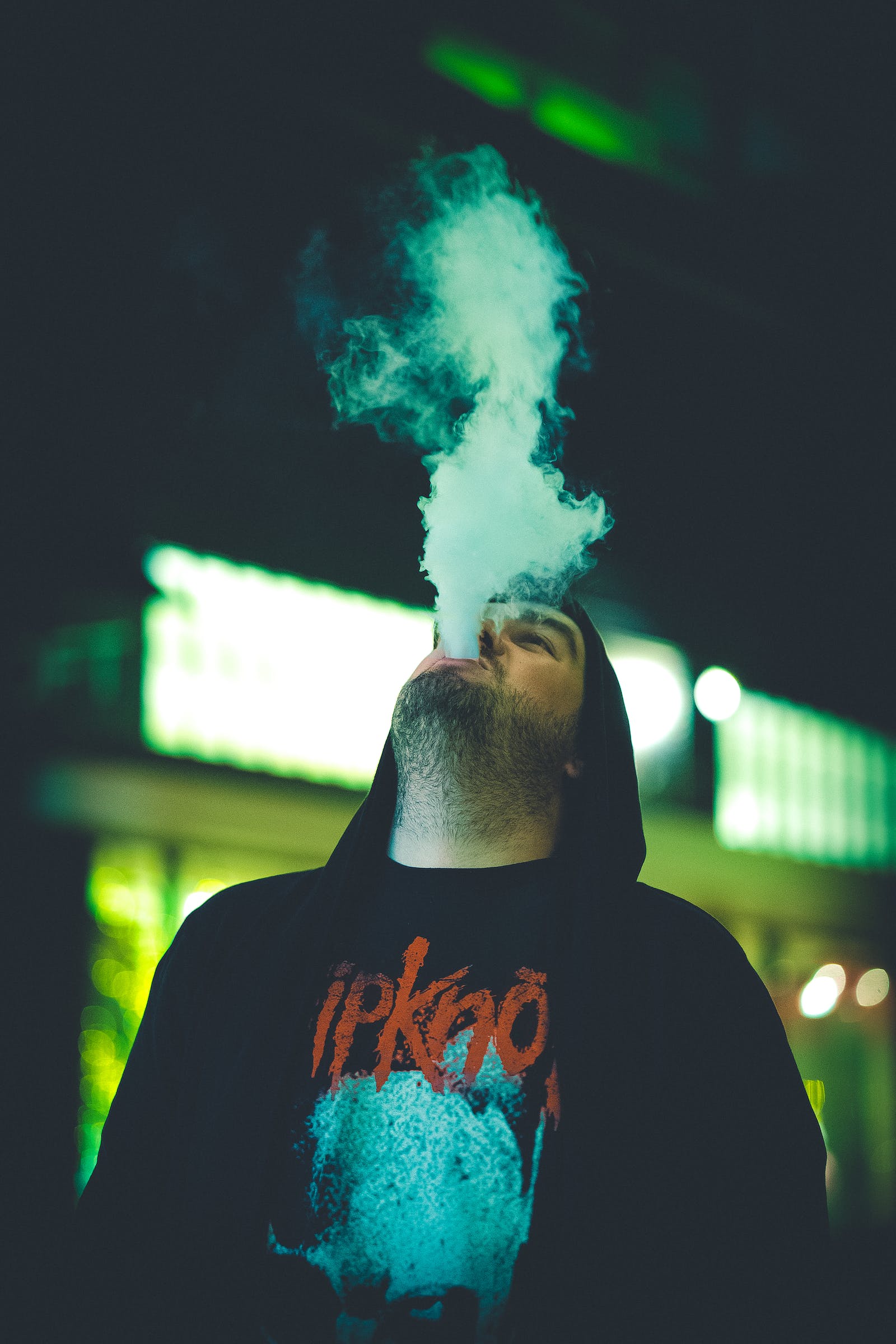Talking about the recovery of the street stall economy: vapes need to be controlled, not eliminated
The vape industry fell from the altar to the bottom of the valley in just one year, from the darling of capital to the outcast of fate. In a year, things have changed, and vapes have been hit by policy rains and winds last year. Survivors who have just recovered from the cold winter of last year, the new crown epidemic in 2020 has become the last straw that crushed the camel. After experiencing the double attack of regulatory policies and the new crown epidemic, brands such as Lingxi and Flow are on the verge of death. Many brands have encountered financing difficulties and layoffs, and a large number of employees have lost their jobs.
In foreign countries, after experiencing the double blow of last year's industry winter and this year's new crown epidemic, as if it had been negotiated, vapes continued to be suppressed in the United States. First, it was almost blamed for the new crown pneumonia. Due to the "mysterious lung disease" incident in the United States last year, some people questioned that vapes were the culprit of the new crown pneumonia. Not contagious. The US vape giant Juul, facing a series of difficult regulatory issues and a decline in market share, plans to lay off about one-third of its employees, with between 800 and 950 people. And Juul is preparing to leave five European countries within a year. According to reports, Juul plans to withdraw from Austria, Belgium, Portugal and Spain in July this year, and withdraw from France by the end of the year.
 May 31st is the annual "World No Tobacco Day". This year's theme is "Protecting Youth from Nicotine and Tobacco". On the eve of World No Tobacco Day, the World Health Organization (WHO) released a report on vapes, showing that for adult smokers, switching to vapes can effectively reduce health risks, that is, under reasonable control, vapes can improve public health. At the same time, regulatory authorities in various countries should focus on preventing young people from using vapes. It is suggested that the regulators should fully consider the interests of all parties and find a regulatory balance.
May 31st is the annual "World No Tobacco Day". This year's theme is "Protecting Youth from Nicotine and Tobacco". On the eve of World No Tobacco Day, the World Health Organization (WHO) released a report on vapes, showing that for adult smokers, switching to vapes can effectively reduce health risks, that is, under reasonable control, vapes can improve public health. At the same time, regulatory authorities in various countries should focus on preventing young people from using vapes. It is suggested that the regulators should fully consider the interests of all parties and find a regulatory balance.
In the report, WHO cited the assessment of vapes by the National Academy of Sciences, Engineering and Medicine (hereinafter referred to as NASEM). The assessment grades the different outcomes according to the certainty of the studies. Among them, there is solid evidence: "Completely using electronic cigarettes instead of cigarettes can reduce the chances of users to be exposed to a variety of toxicants and carcinogens produced by burning cigarettes." Moreover, there is also a large amount of evidence that: "Using electronic cigarettes will cause nicotine Dependence, but the degree of dependence is lower than that of cigarettes." "Completely switching from cigarettes to vapes can improve the health of multiple organs in the body." WHO also pointed out that the latest research shows that using cigarettes and vapes at the same time will lead to higher oxidation stress levels and increases cardiorespiratory health risks, therefore dual use is not recommended.
The WHO also cited in the report an important study published in the New England Journal of Medicine in 2019: the success rate of vape smoking cessation has almost doubled. Study author Peter Hajek (Peter Hajek) selected 886 adult smokers who participated in the National Smoking Cessation Service in the UK as subjects, and these people had a clear need to quit smoking. He divided the participants into two groups, one group was randomly assigned to smoking cessation products originally provided by the smoking cessation center, and the other group was provided with vapes, allowing them to choose their favorite flavor. After one year of observation and tracking, the success rate of smoking cessation in the vape group was 18%, and that in the other group was 9.9%. The success rate of vape smoking cessation is almost twice that of traditional means. WHO also believes that it is currently impossible to draw conclusions that the use of vapes will lead to an increase in smoking rates.
Based on a large amount of evidence, WHO puts forward recommendations (partial) for countries that plan to regulate vapes: require vape companies to provide medical product-level health declarations in packaging, authorize their use after scientific review, and keep an eye on any accidents that occur after the market turns to vapes Condition.
During this special period, when the domestic vape industry was at its most difficult time, a representative Ding Lieming said that vapes contain nicotine, and the use of nicotine by teenagers is likely to cause nicotine addiction and affect their normal brain development. He suggested a complete ban. If this representative really considers the health of young people instead of self-interest, isn't that too arbitrary? Isn't your point of view a lazy policy of "just trying to save trouble and ban it once"? vapes need to be reasonably controlled at the moment, not eliminated.
